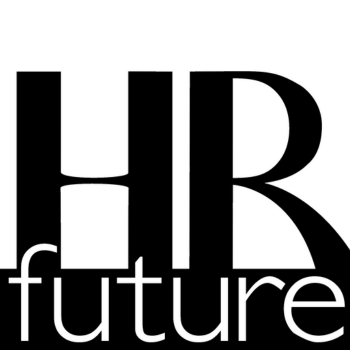It’s said that a little knowledge is a dangerous thing. But a lot of knowledge can also be just as dangerous.
If we tend to want to stay in our comfort zones, our expert knowledge can make us comfortable and unaware of new developments, making us a prime target for irrelevance.
Some years ago, I had lunch with the owner of a successful IT company whose children happened to be at the same school as mine. After we’d chatted at length about all sorts of business issues, we inevitably got onto school matters.
Boy, this lit a fuse under him. His son was doing computer studies at school and when he showed his father what they were doing, the father discovered to his horror that the work they were being taught was extremely outdated. Upon investigation, he established that the syllabus provided a choice of one of two programming languages – one which has a few merits but which is rated as old news in the IT world, and another which still has a significant shelf life.
So off he went to discuss this with the computer studies teacher to try, very sincerely, to persuade her that the choice she had made as to which programming language to teach learners was inappropriate.
Big mistake. She was not interested in hearing what he had to say, was arrogant and defensive, and refused to consider that she might not be acting in the best interests of her learners. He was left with no alternative but to leave, a very frustrated parent.
This is a classic flaw of many people who regard themselves as experts – ones who “know better”.
When you choose to set yourself up as an expert, you start thinking that you know more than others about a certain topic. The danger of this approach is that you are at risk of feeling threatened by the knowledge of others and often feel you have to defend yourself and your knowledge. So defend you do, instead of opening yourself up to new thinking and new ideas, and changing accordingly.
Fact is, none of us knows anywhere near to everything today. And the sooner we accept that and conduct ourselves accordingly, the better.
Everyone’s learning all the time because the flow of new knowledge just never stops. That’s why, at no time can any one of us ever stop and say, “That’s it. I’ve learnt enough and I know enough. I don’t need any more knowledge.”
If we don’t continually update our knowledge, our existing knowledge becomes an increasing liability as it ages, and the problem you face is that you don’t perceive that it’s slowly decaying, and you continue in your puffed up arrogance, thinking you’re just fine and that you know everything.
Don’t be lulled into this trap. While you’re playing a role in the workplace, your knowledge will never be complete, nor will it be final.
Another problem knowledge causes, and watch out for this one – it’s subtle but just as dangerous – is that your knowledge can paralyse you.
How many times have you read an article on some relevant subject and said to yourself, “I know this”? But you never DO it. Yes, you may know what to do, but it’s of no use whatsoever if you don’t do it. You therefore are living in a state of knowledge paralysis. You THINK you know stuff you don’t actually know.
So examine yourself to determine whether your knowledge is an asset or a liability to you. If you realise it’s become dated and more of a liability, do something about it before others do!
Alan Hosking is the Publisher of HR Future magazine, www.hrfuture.net, @HRFuturemag. He is a recognised authority on leadership skills for the future and helps business leaders learn to lead with purpose and agility.

